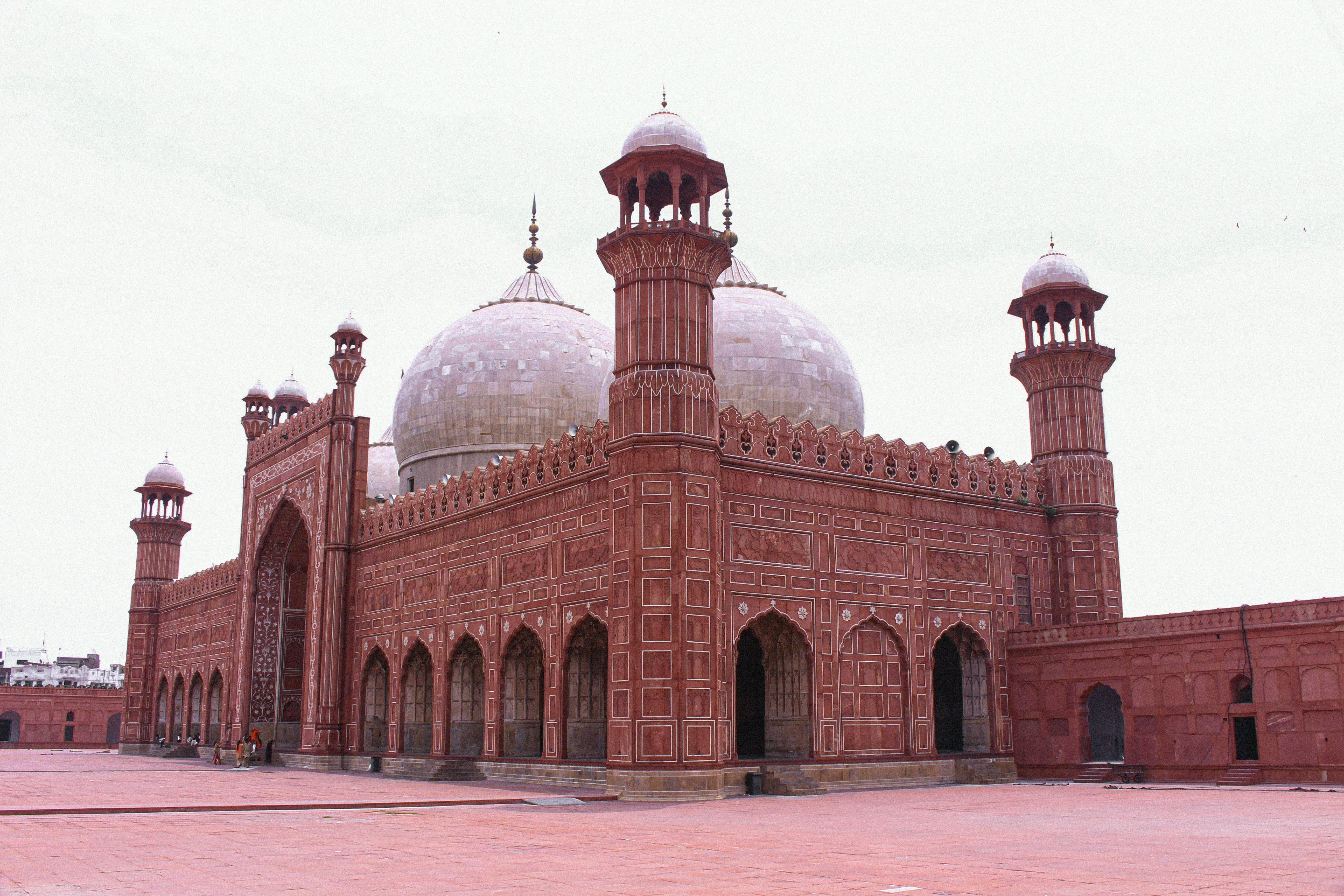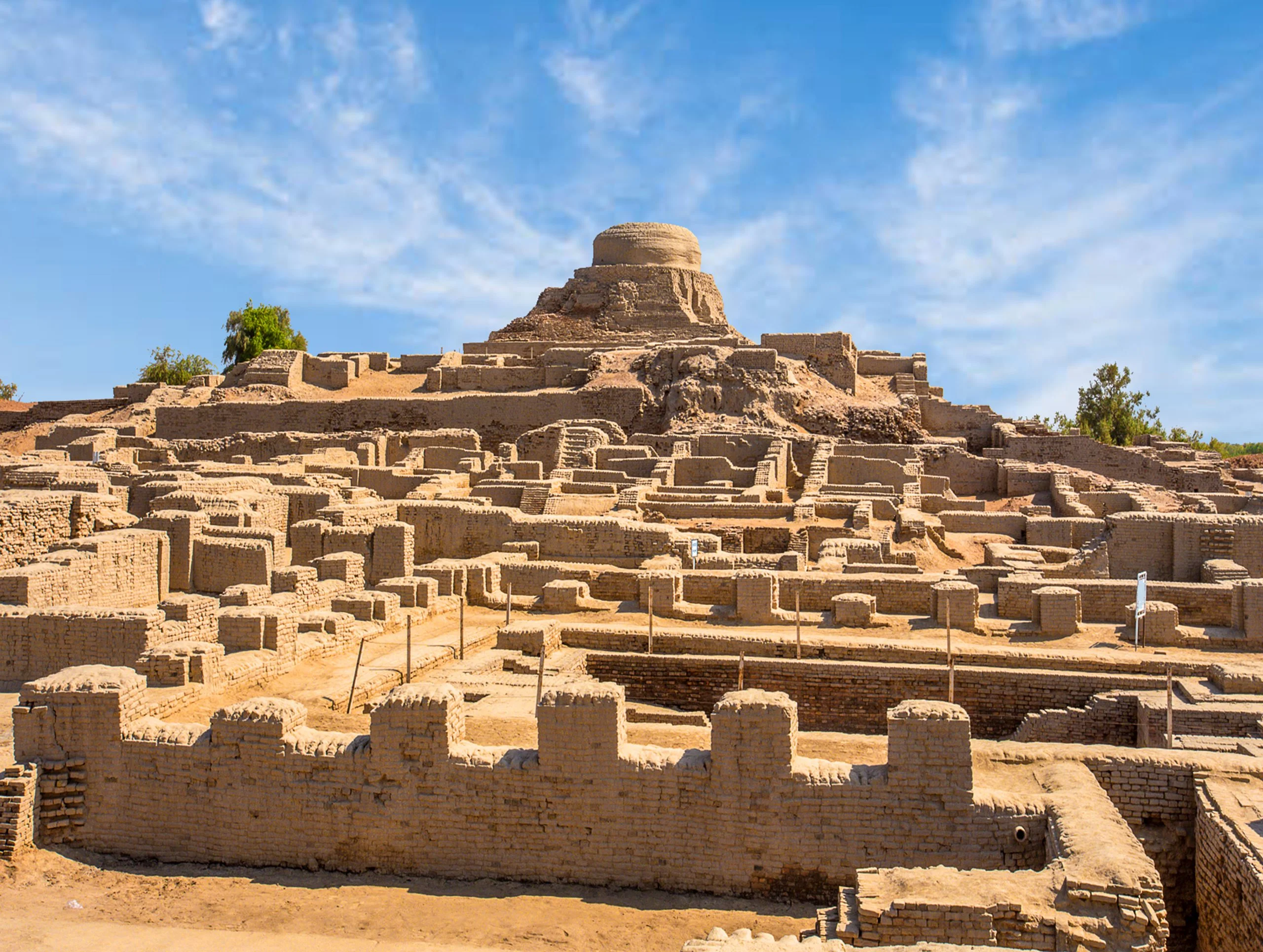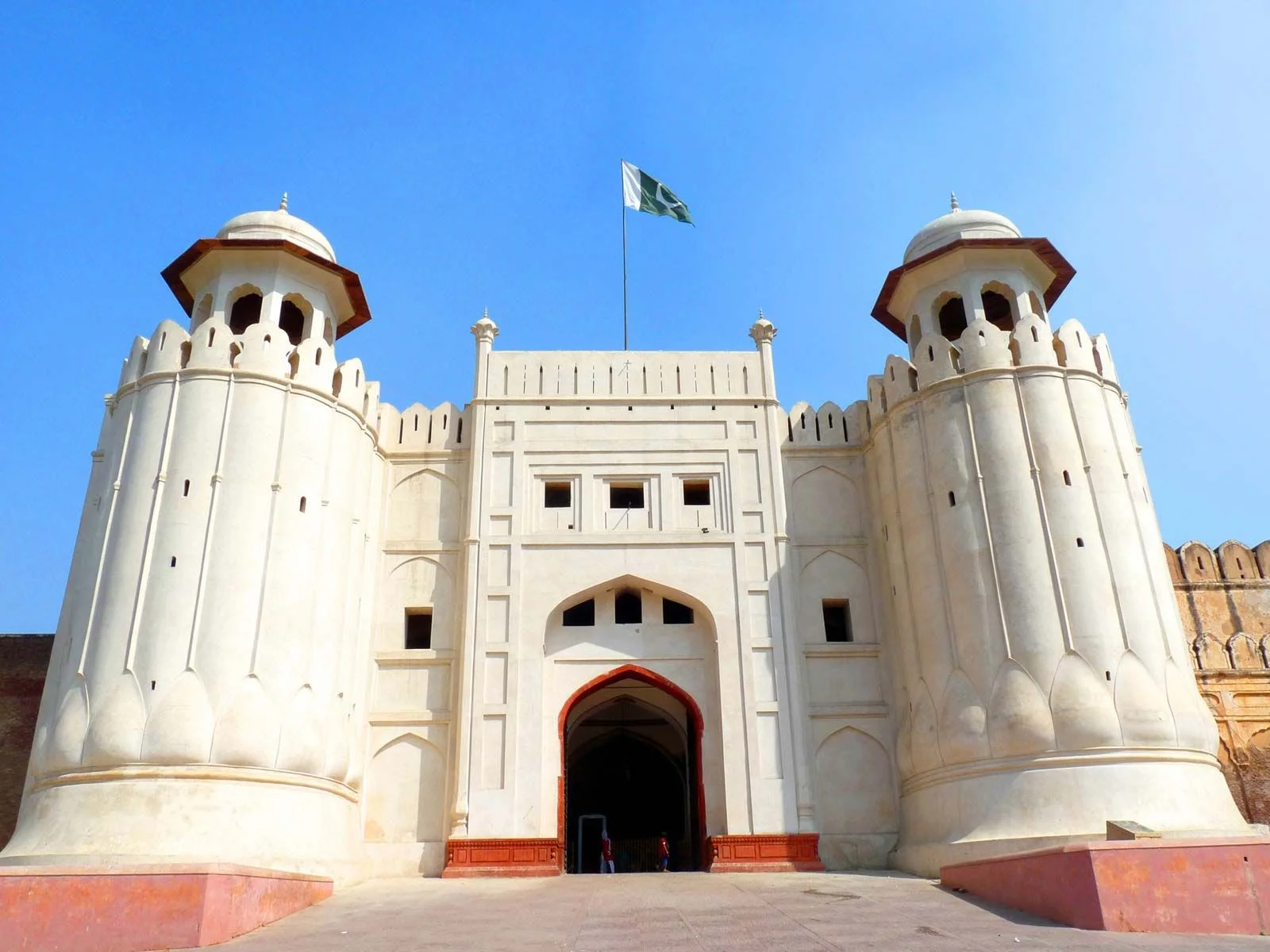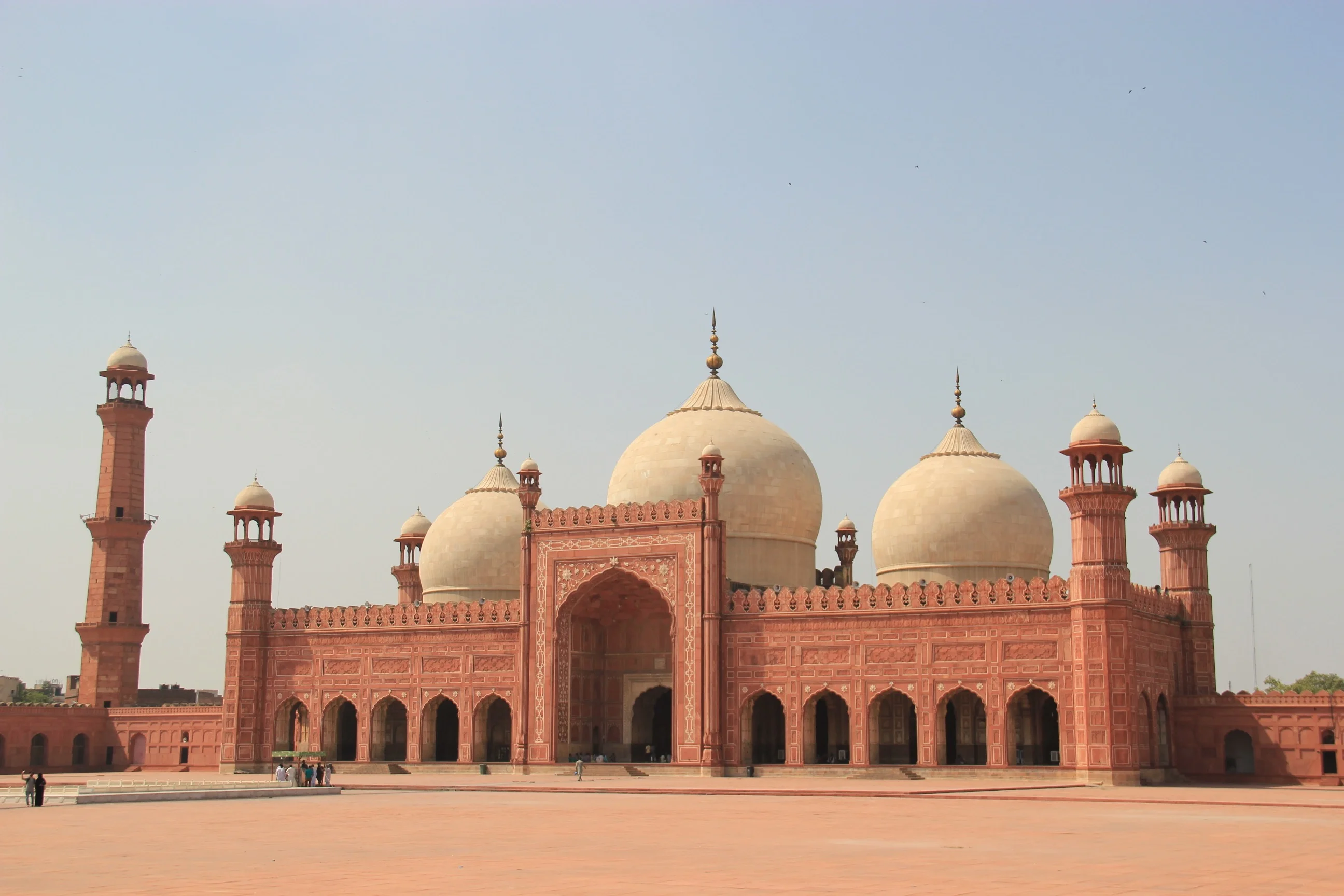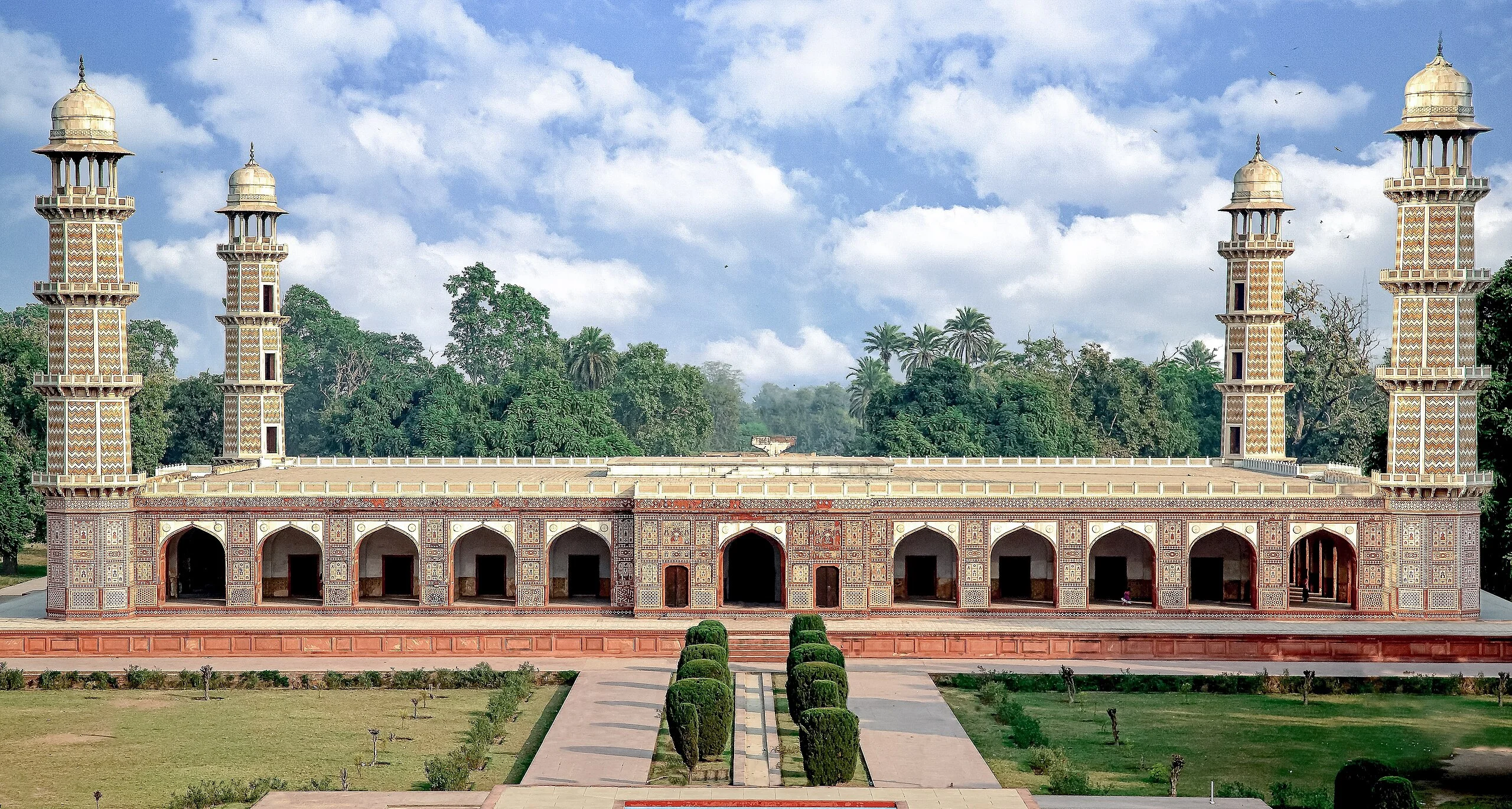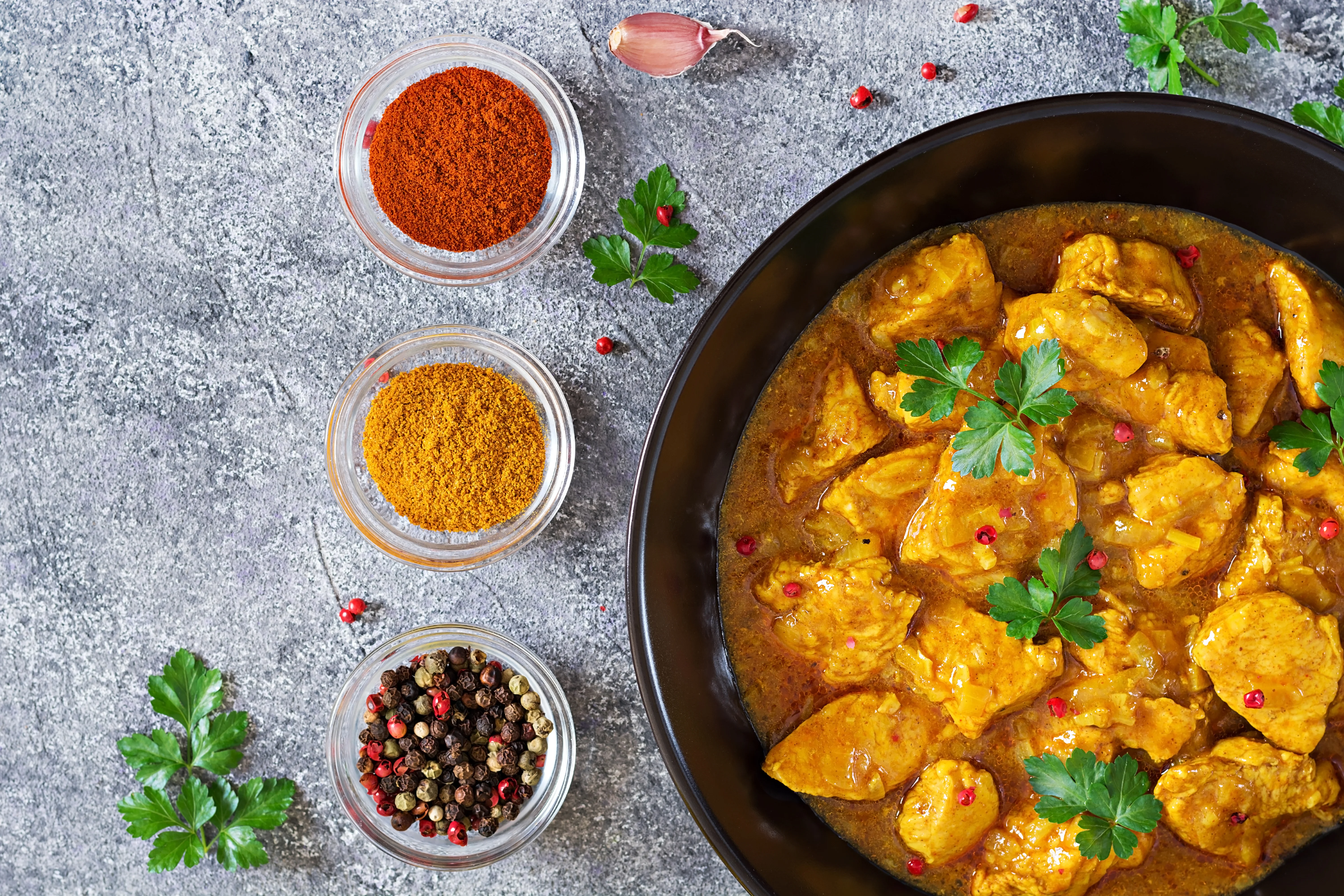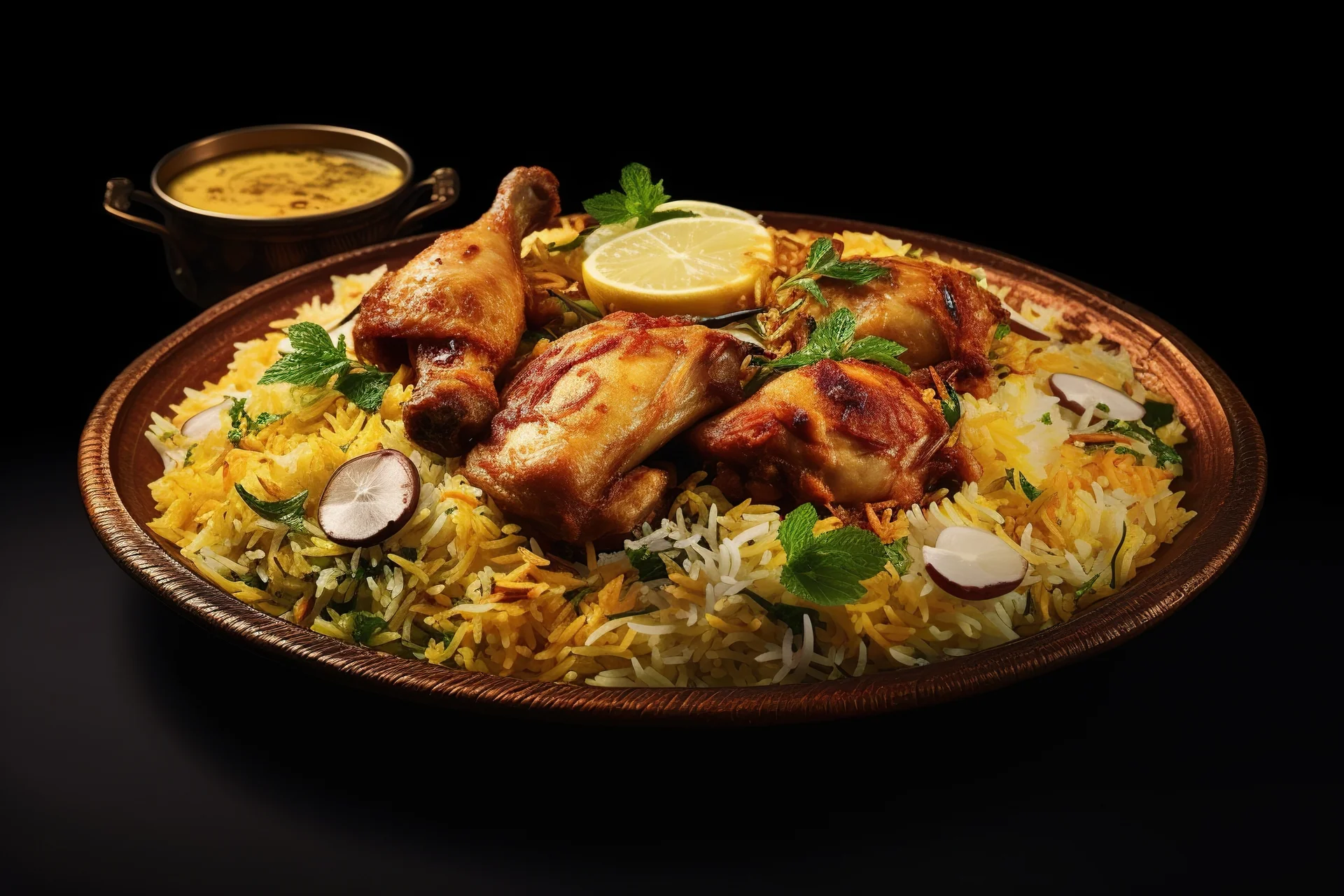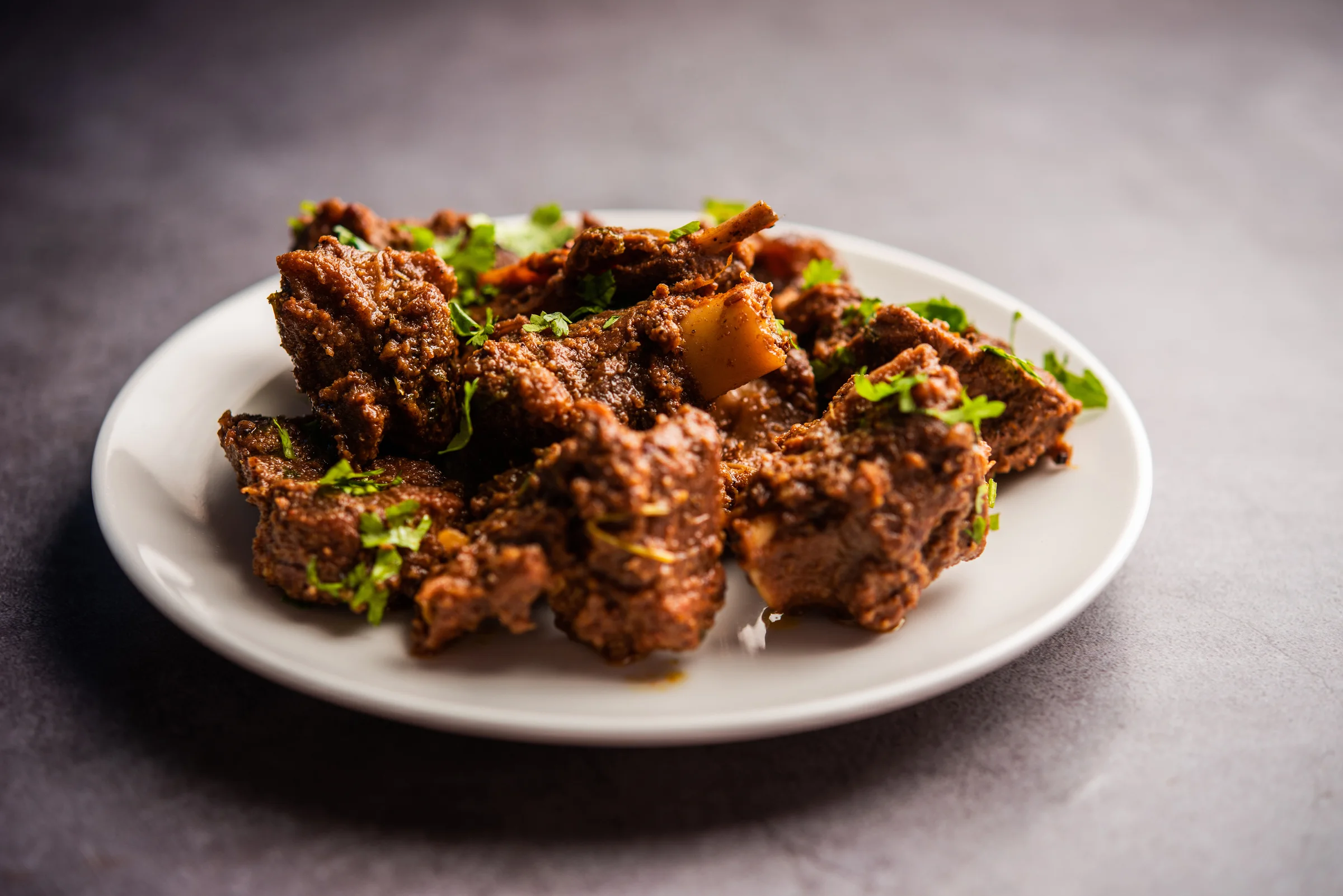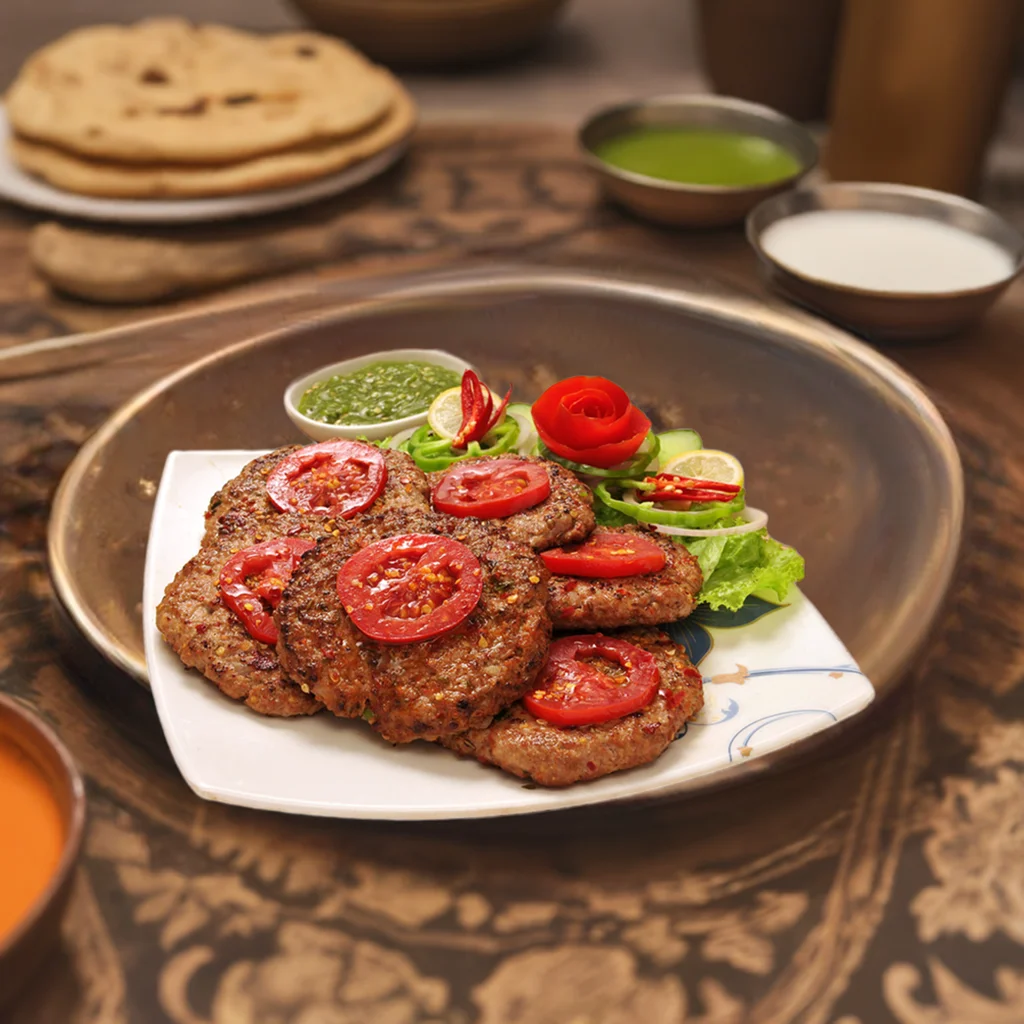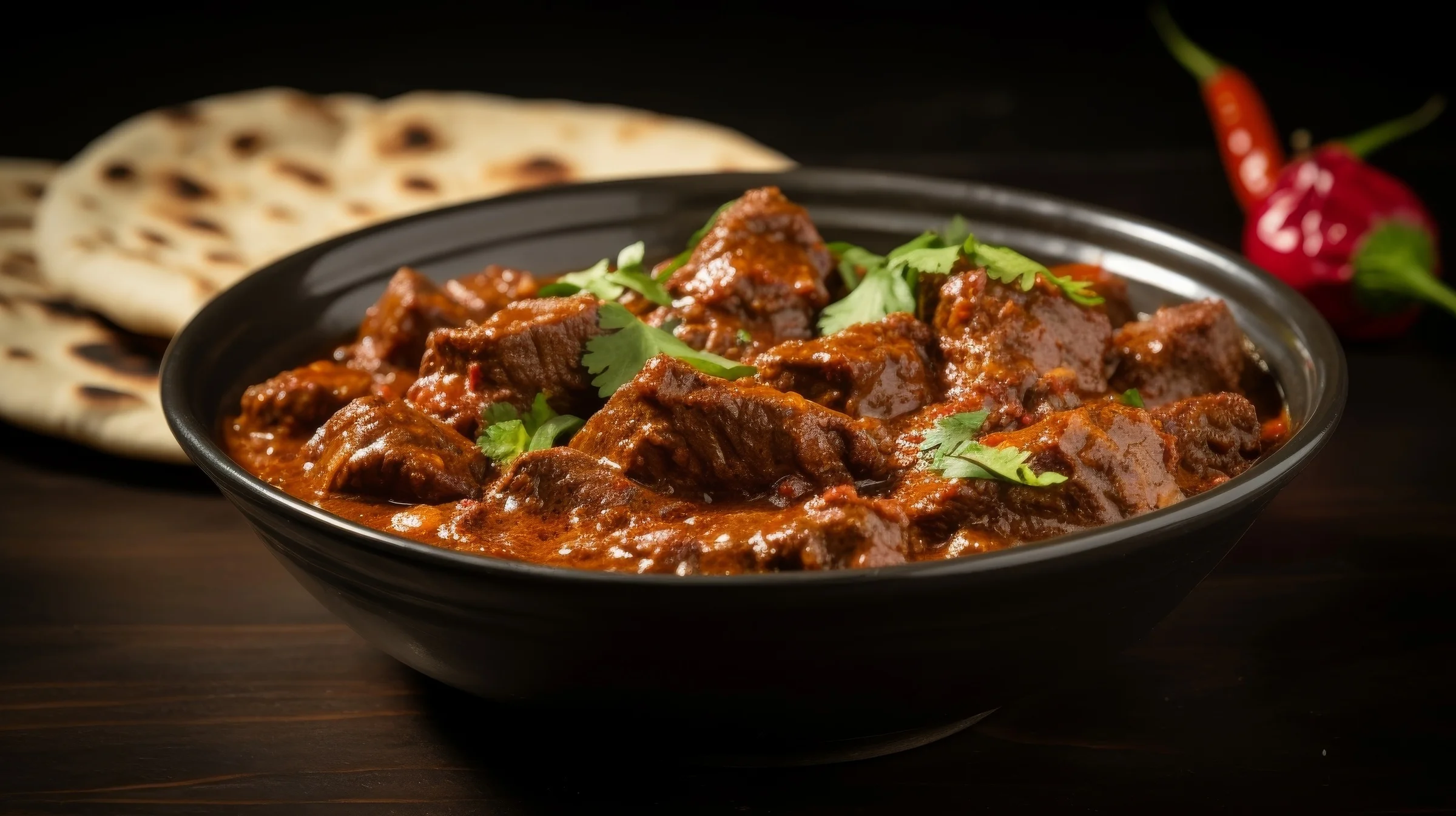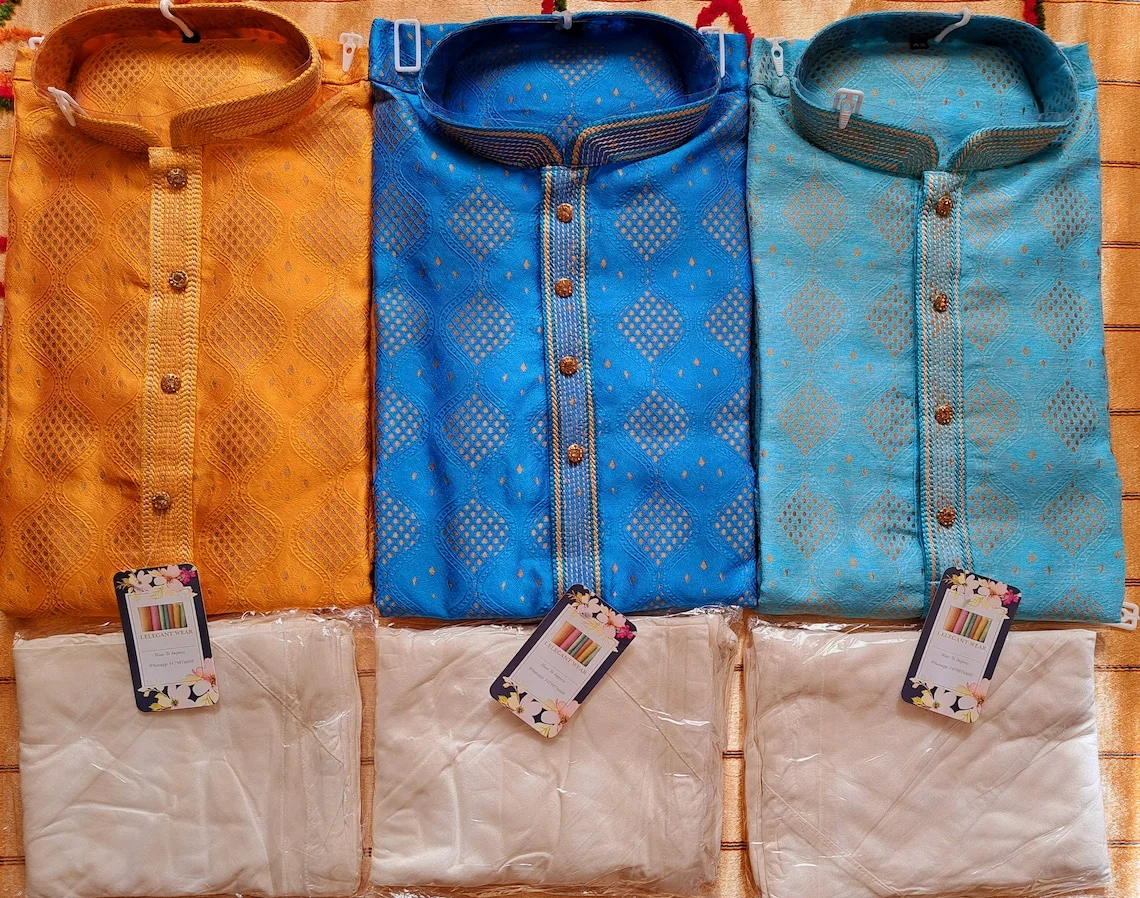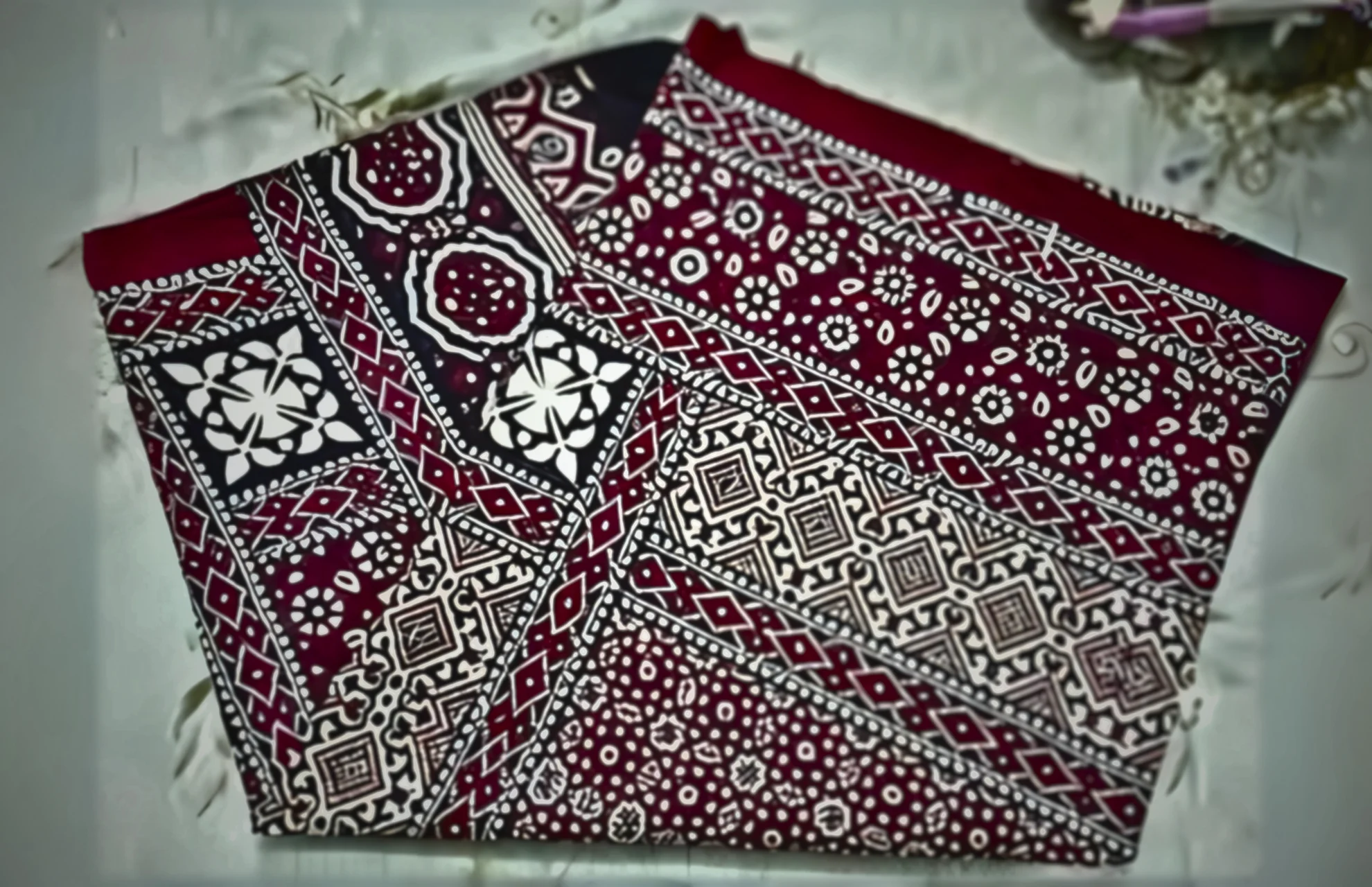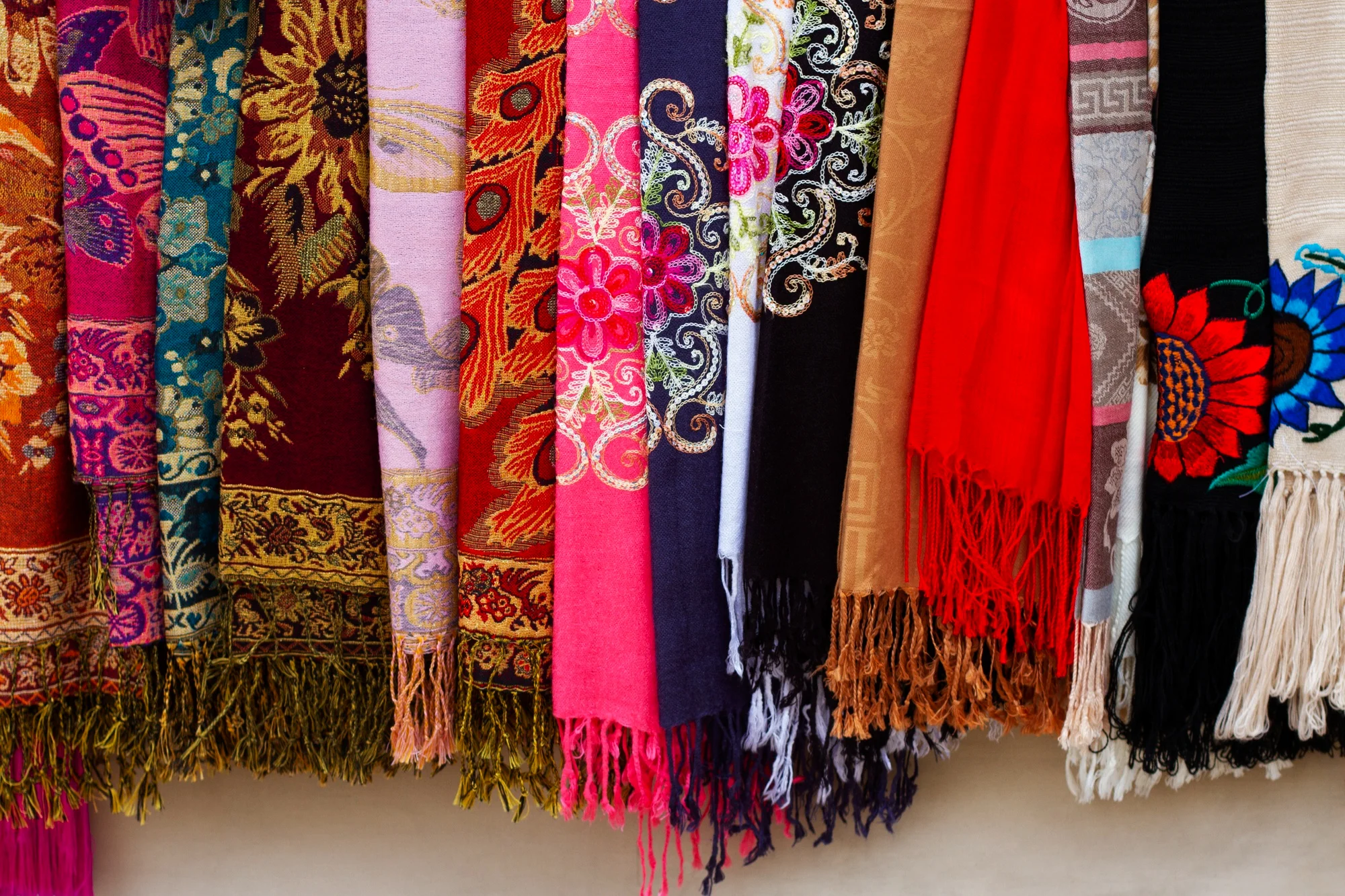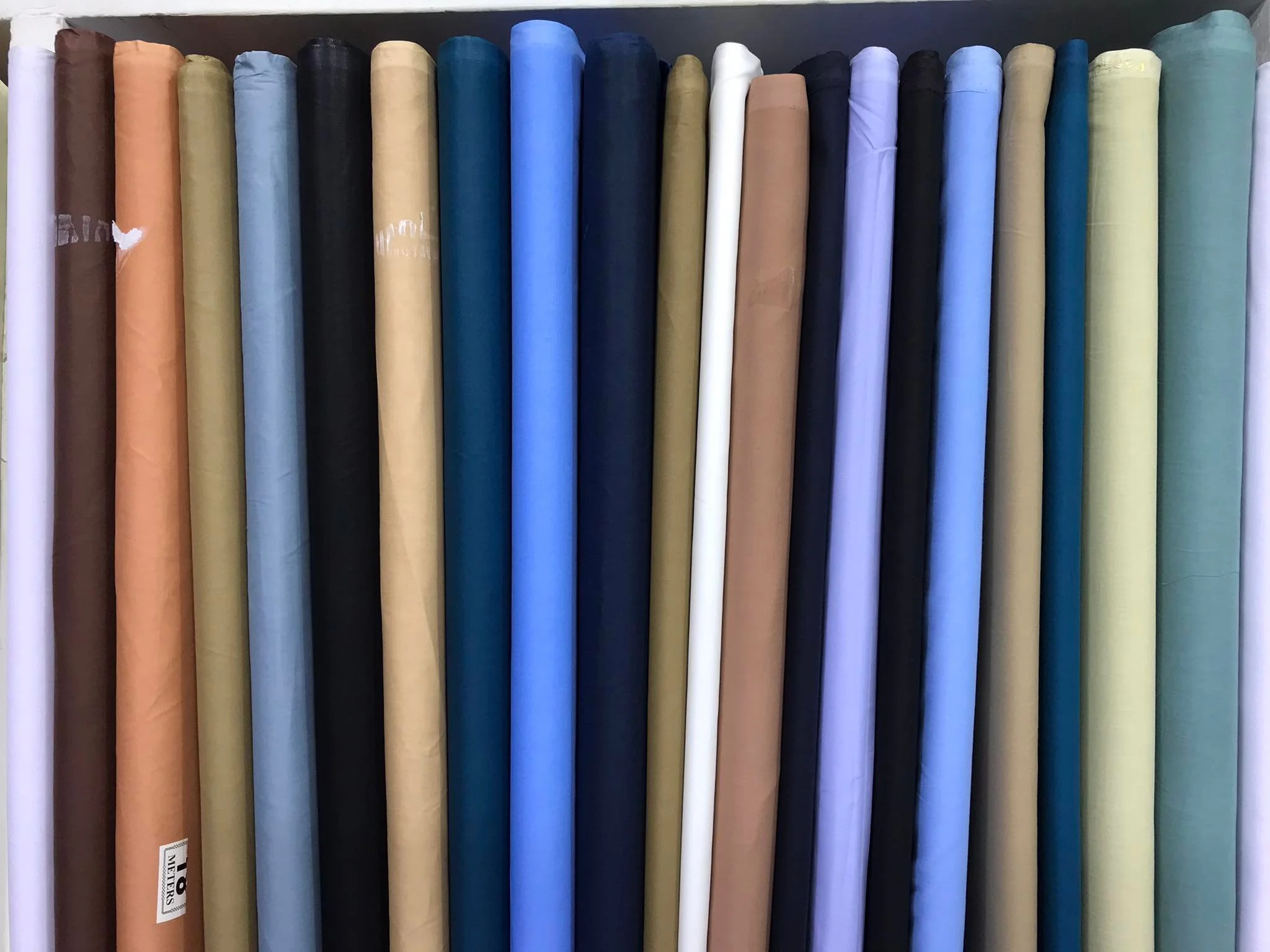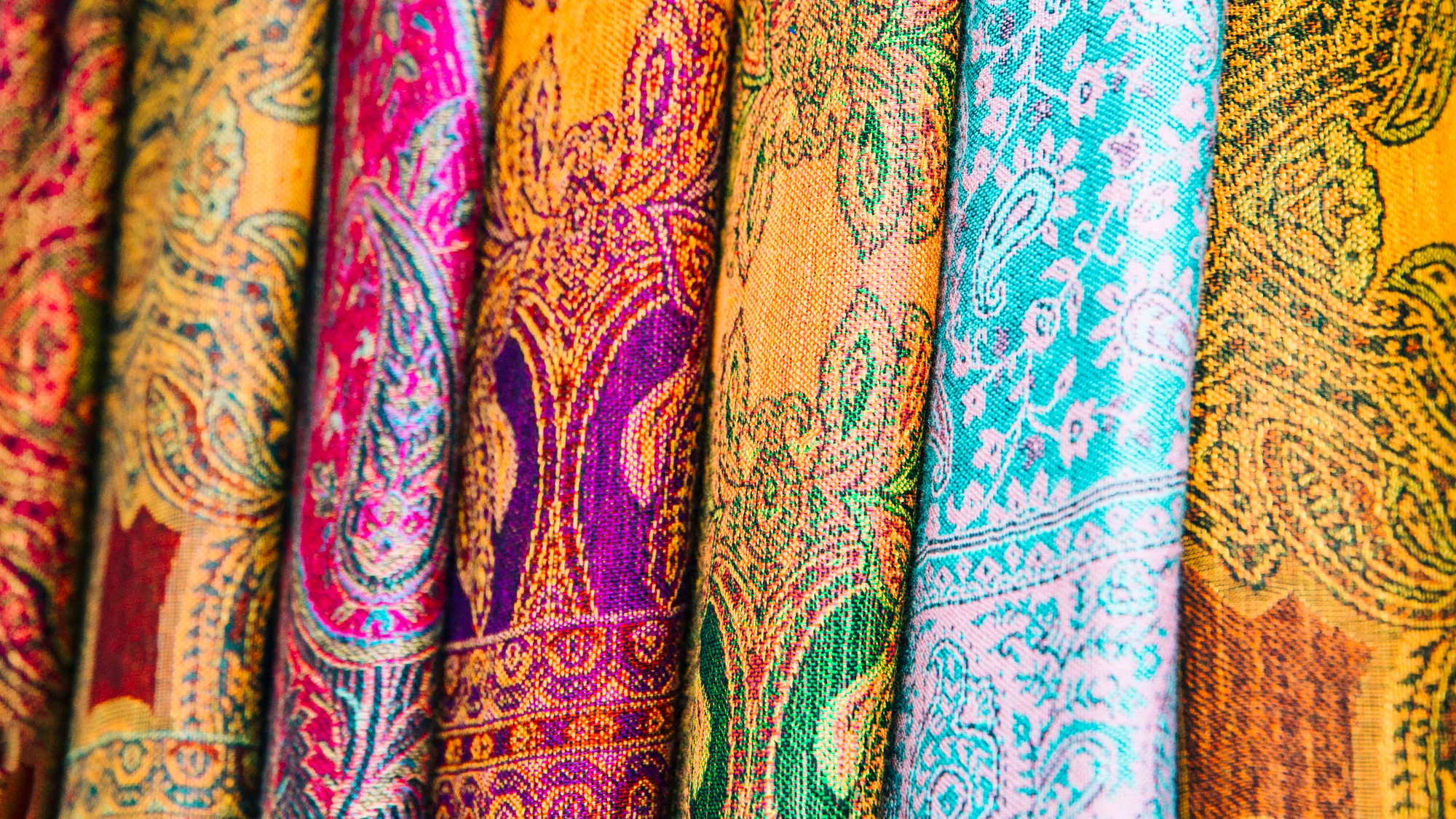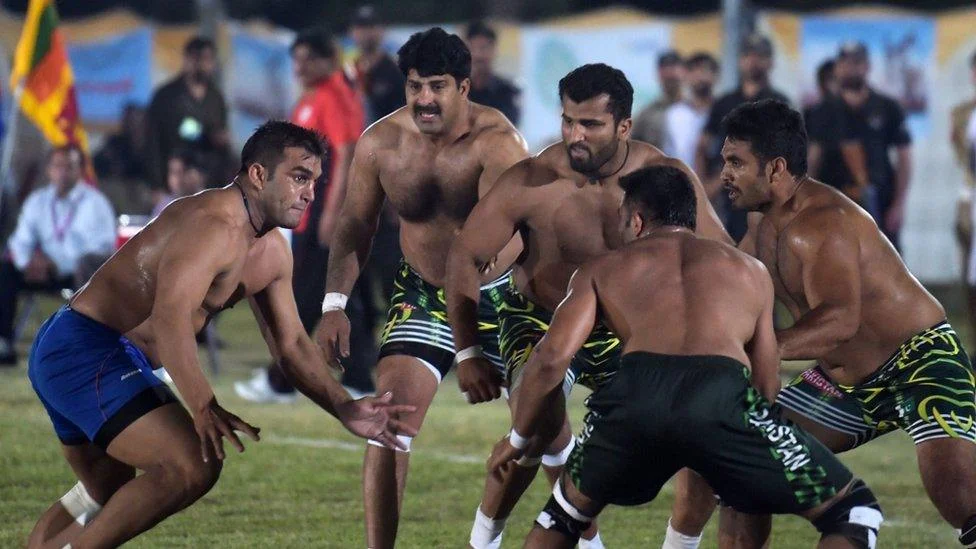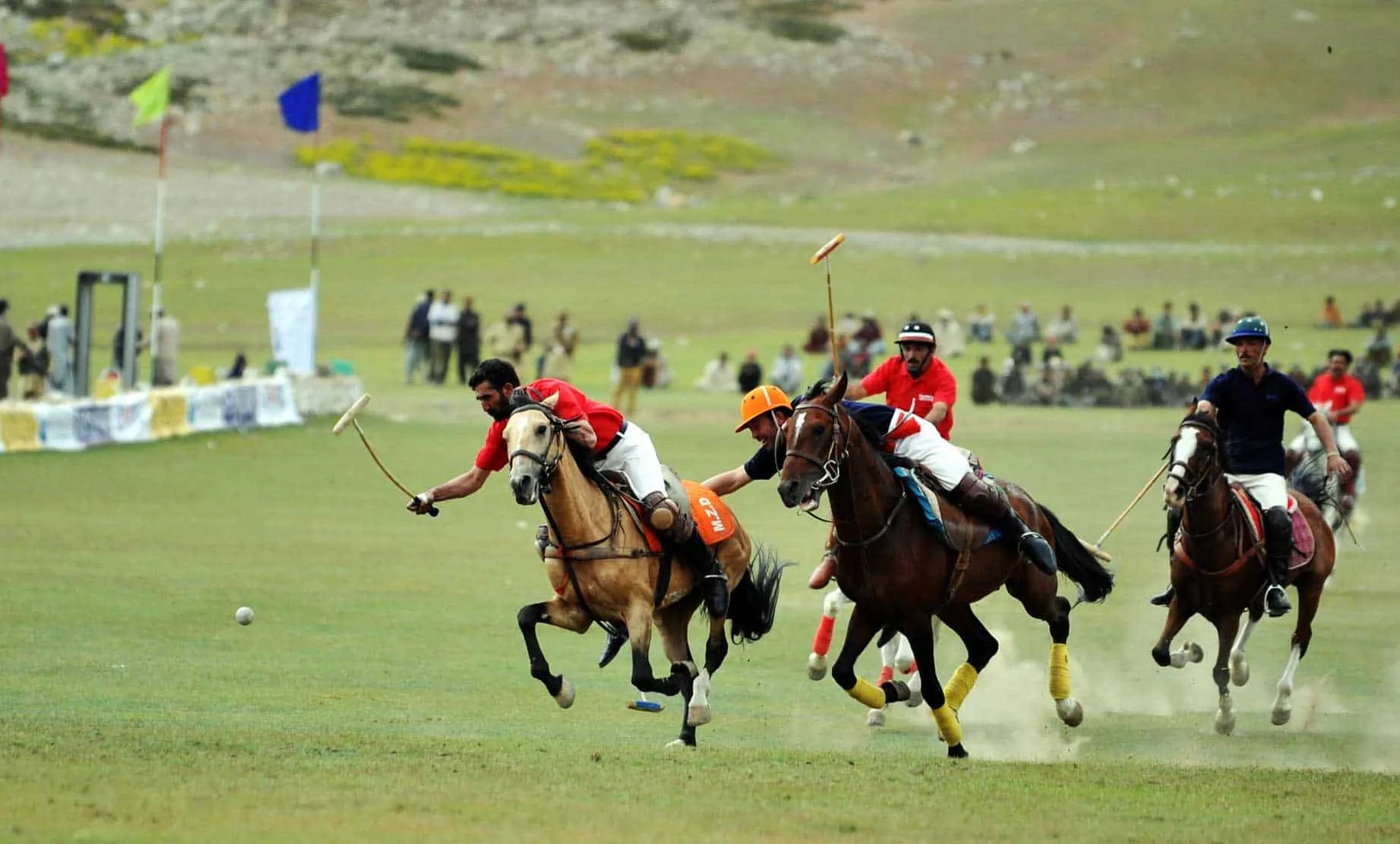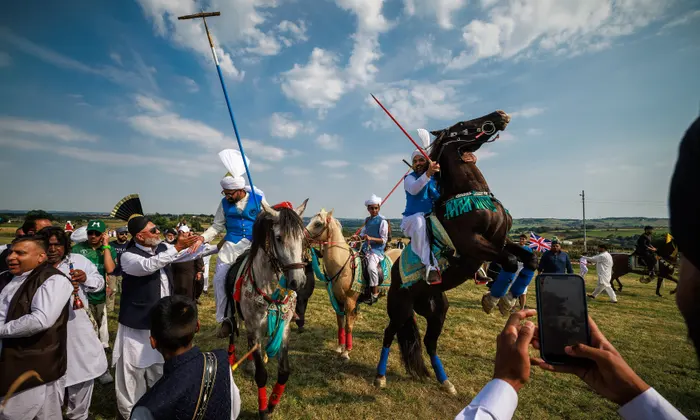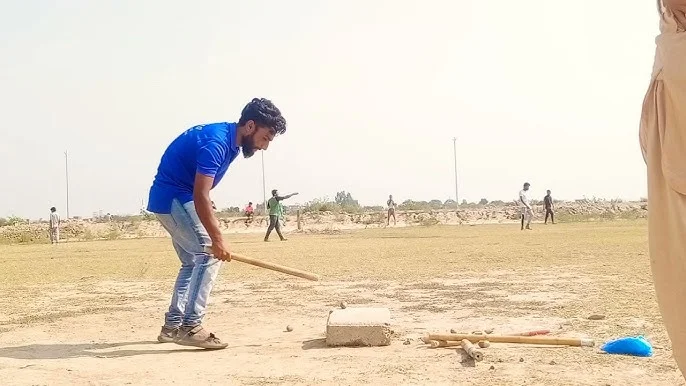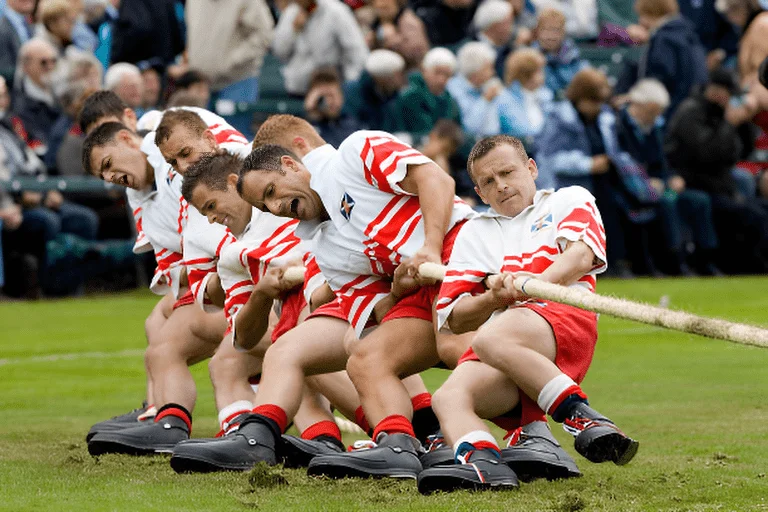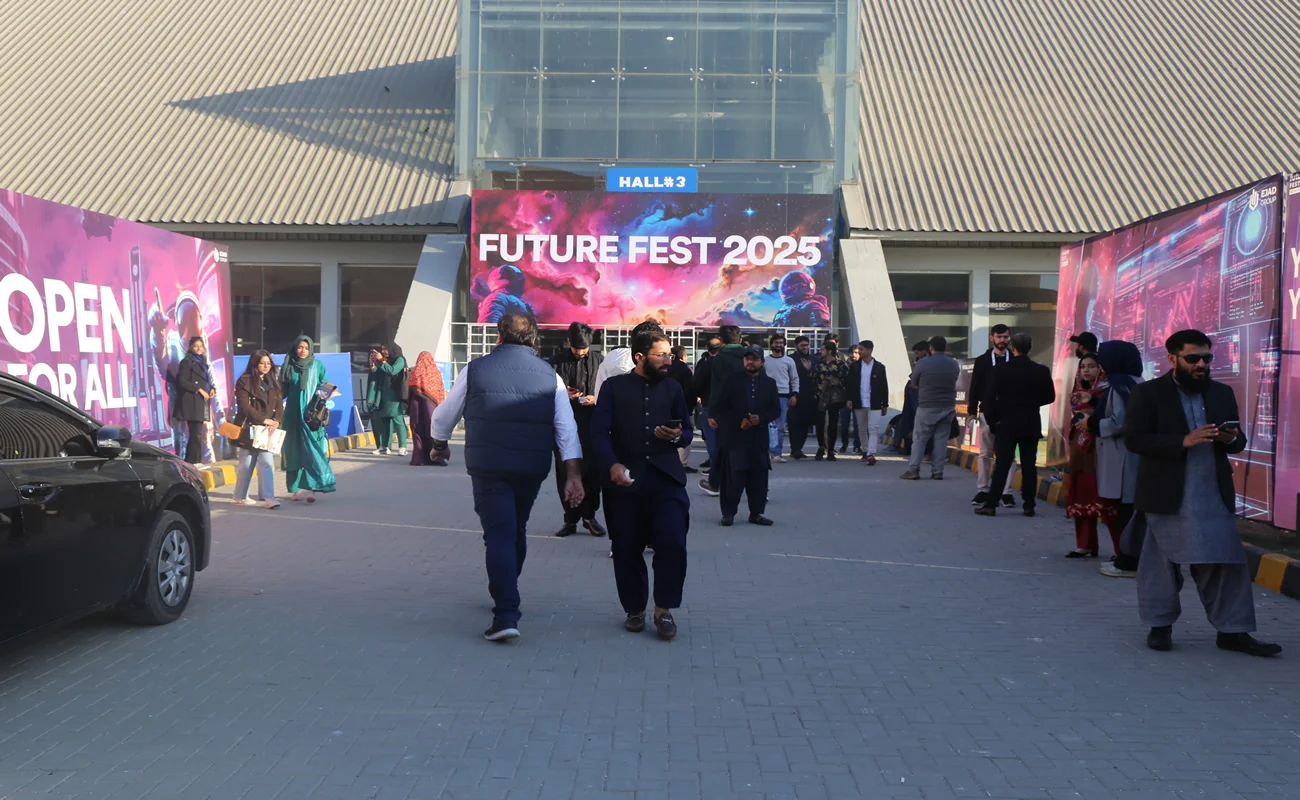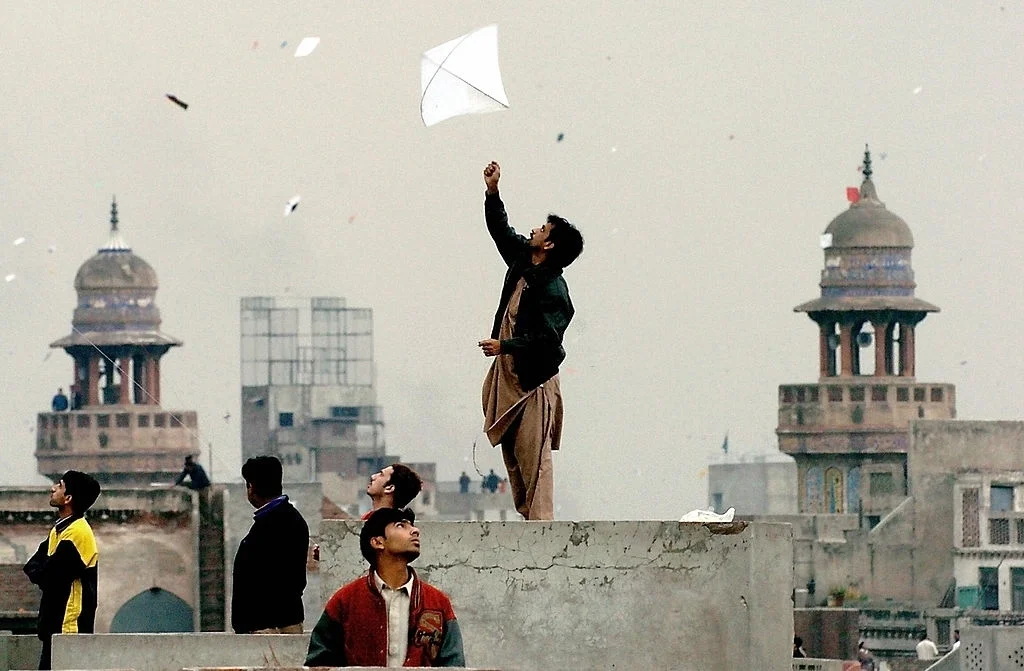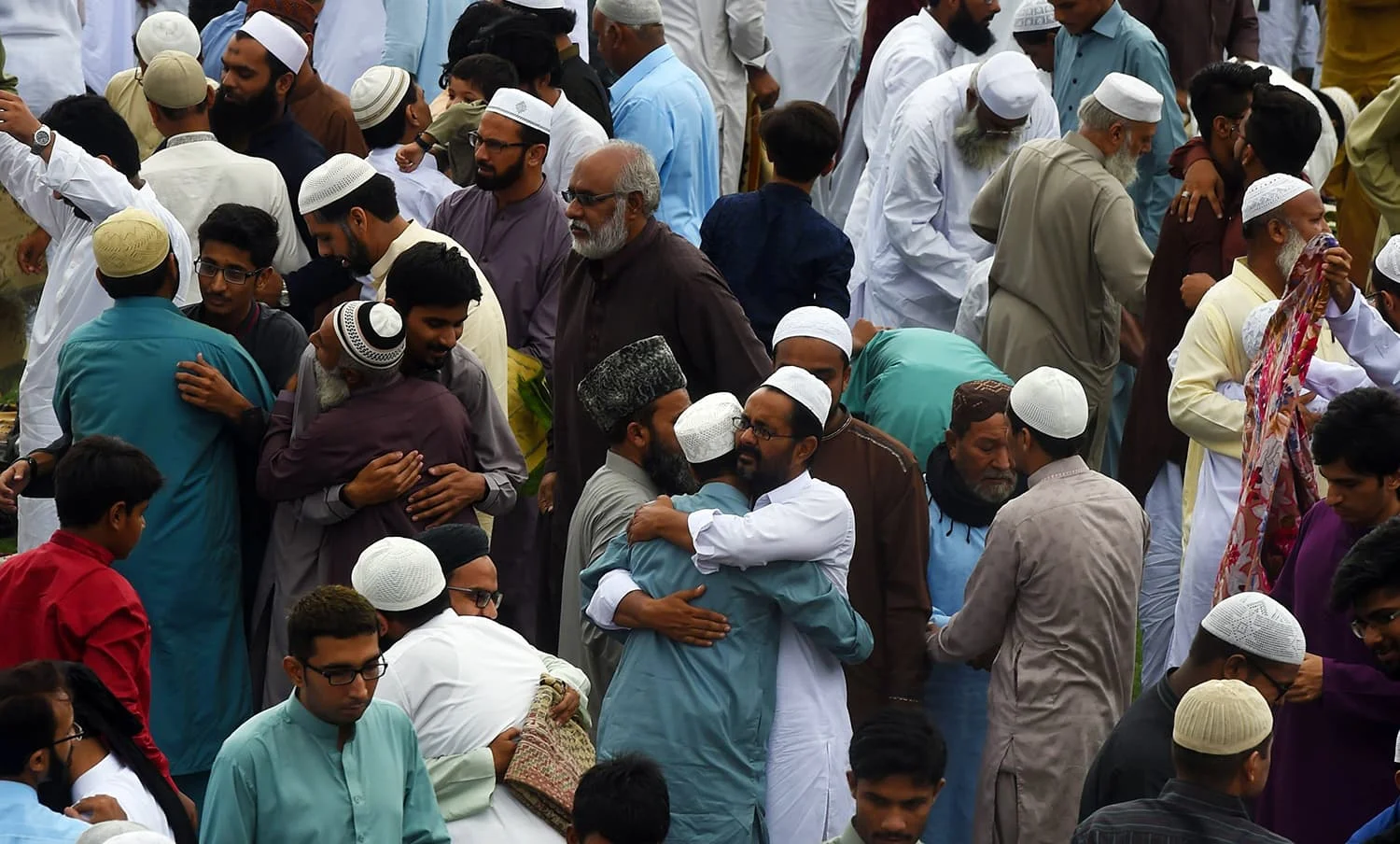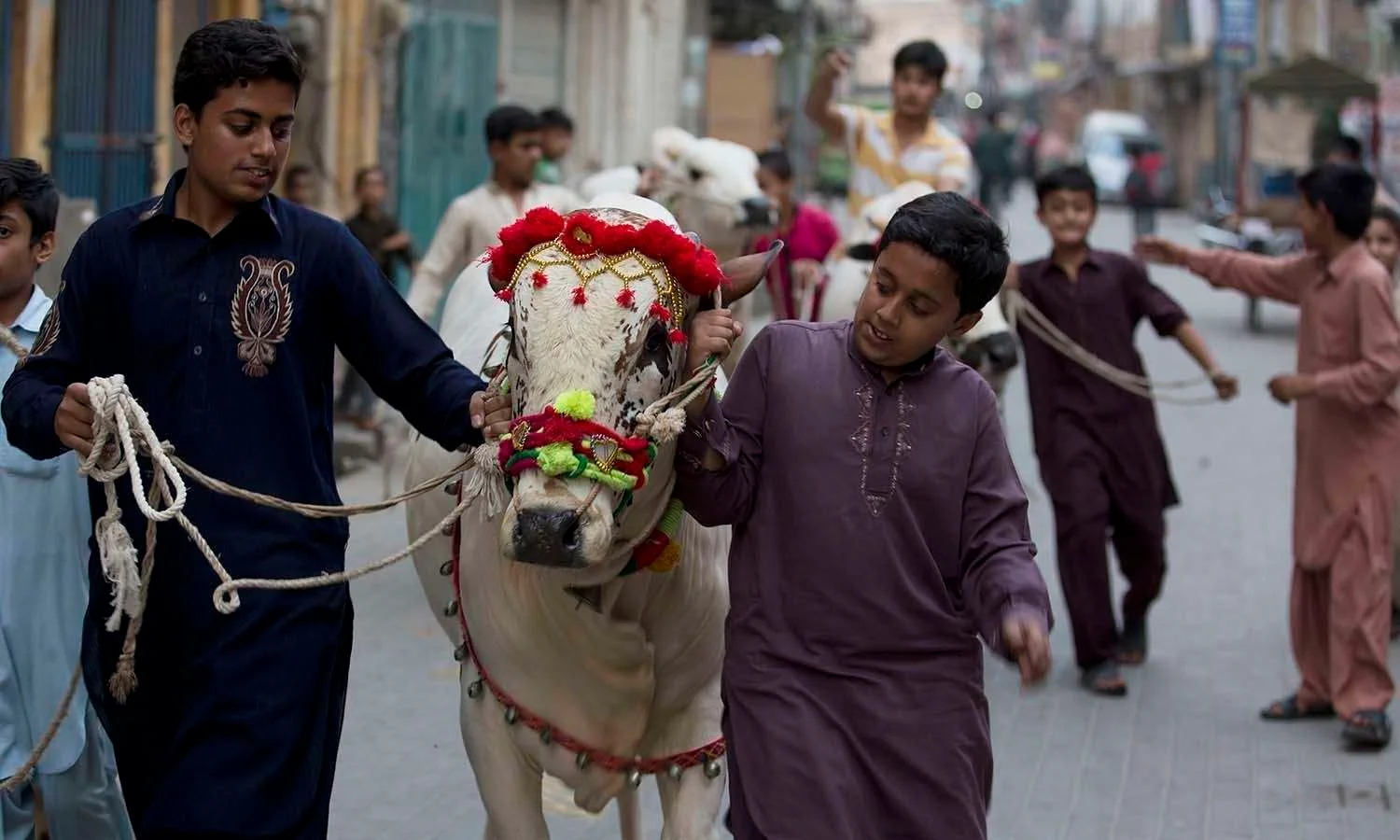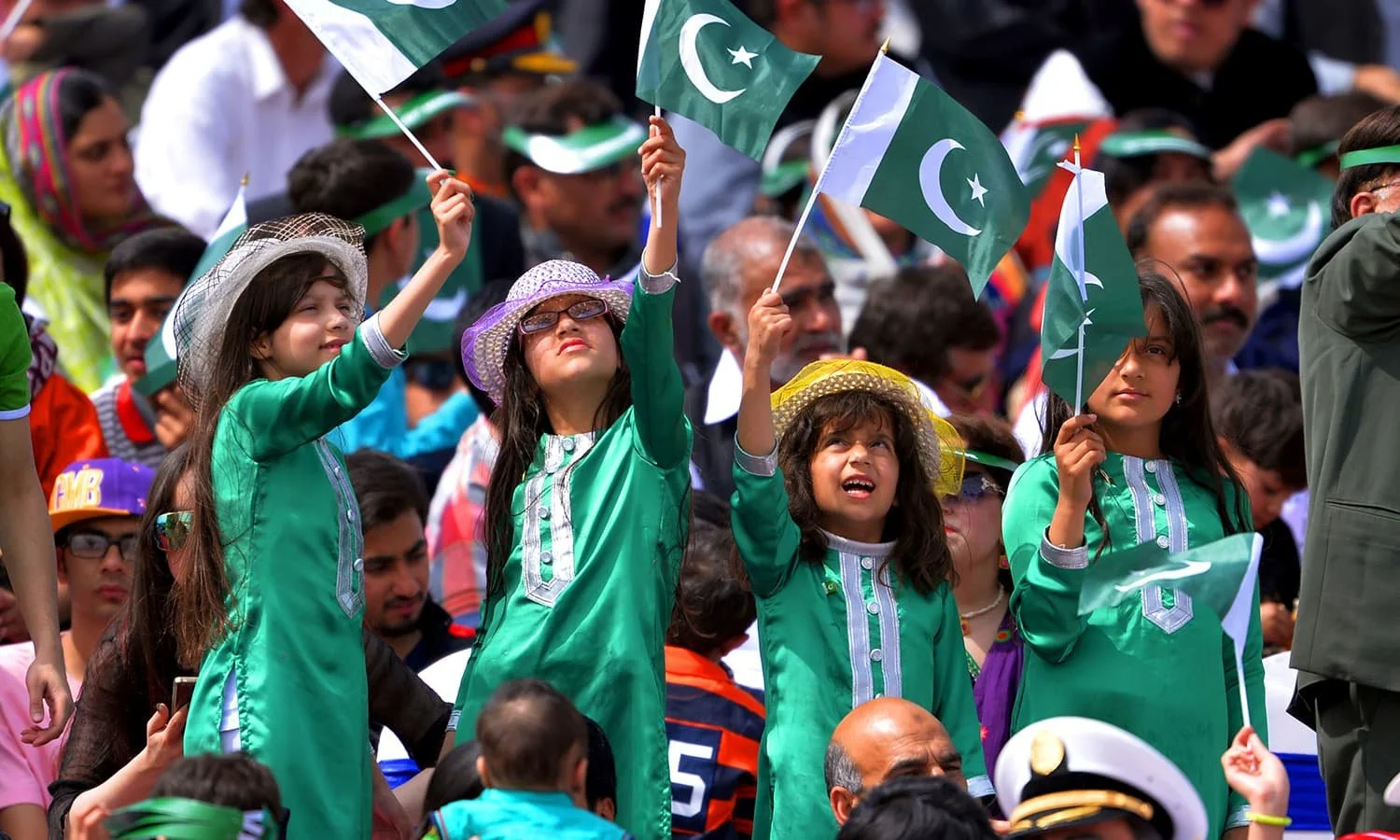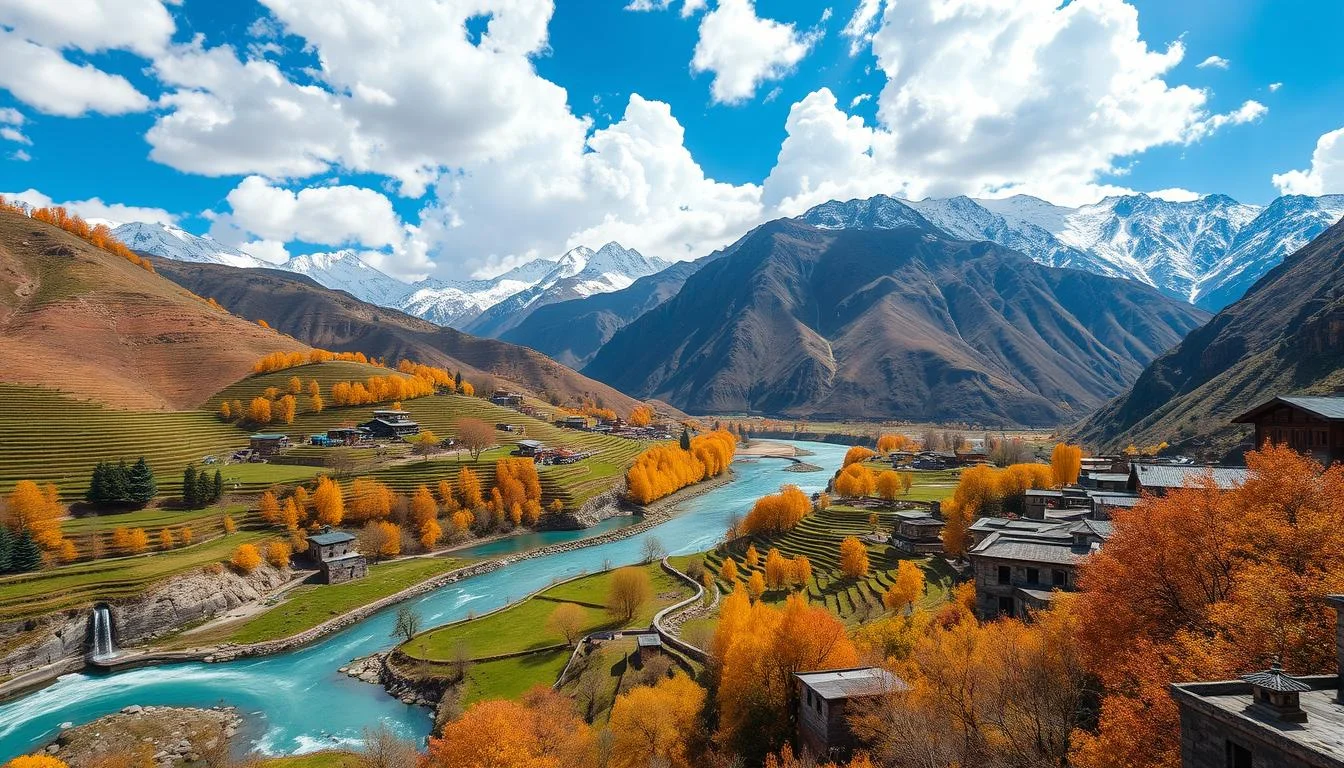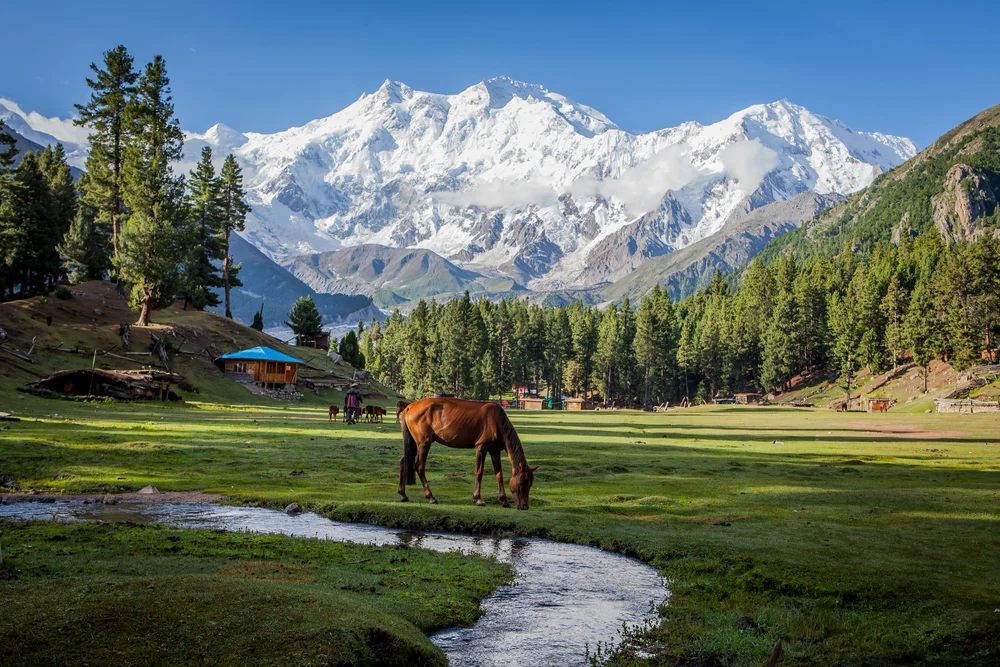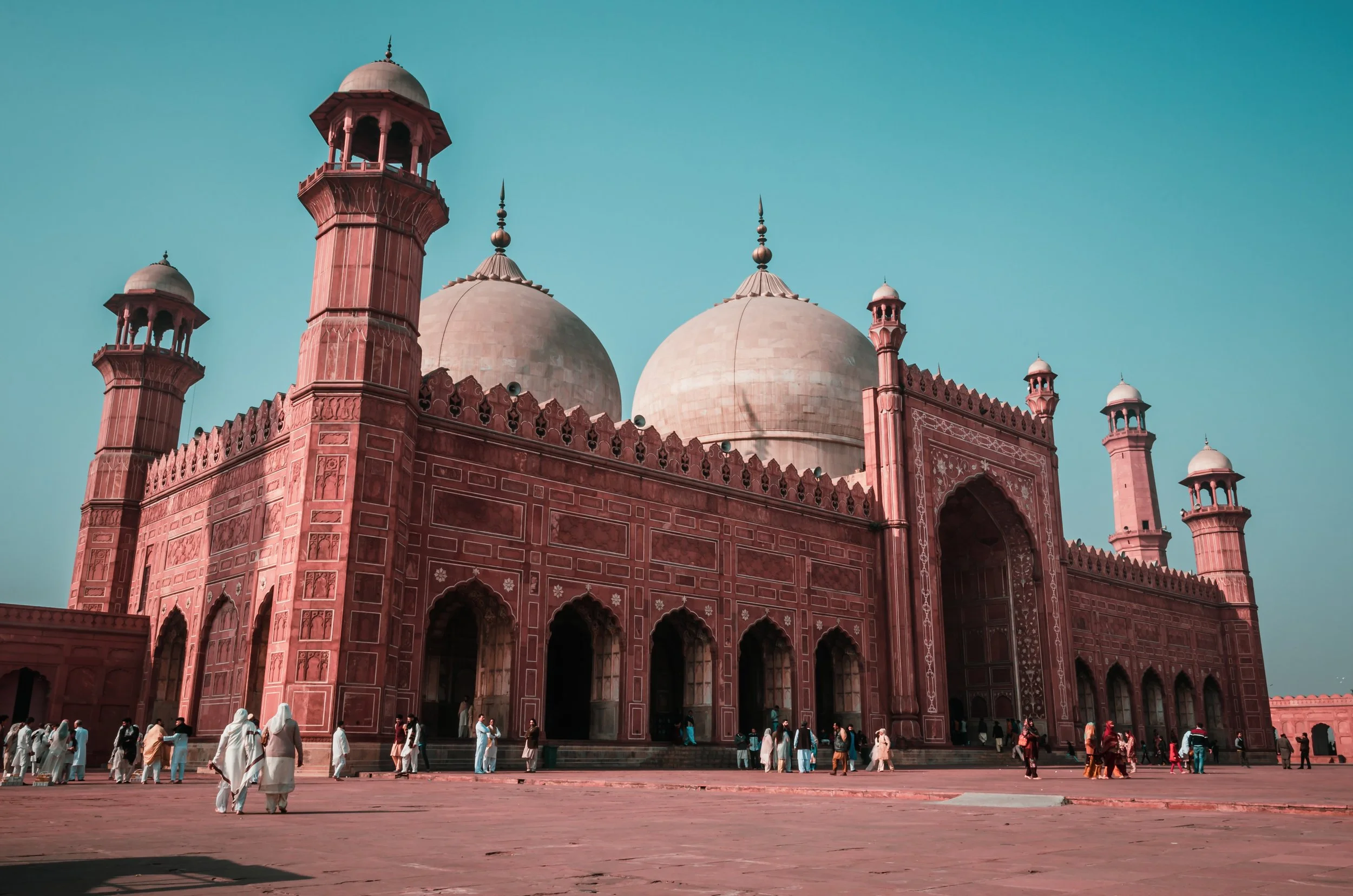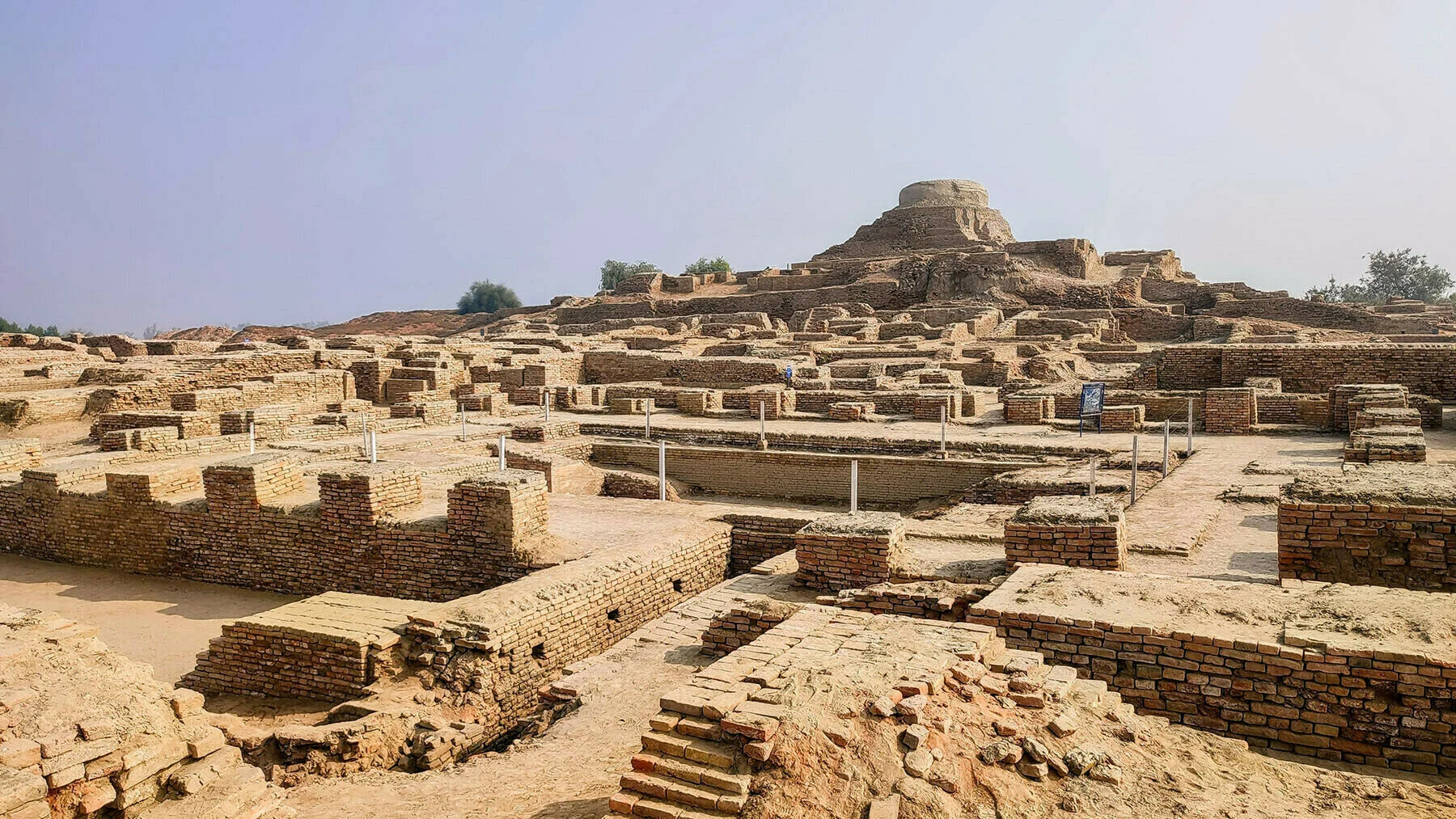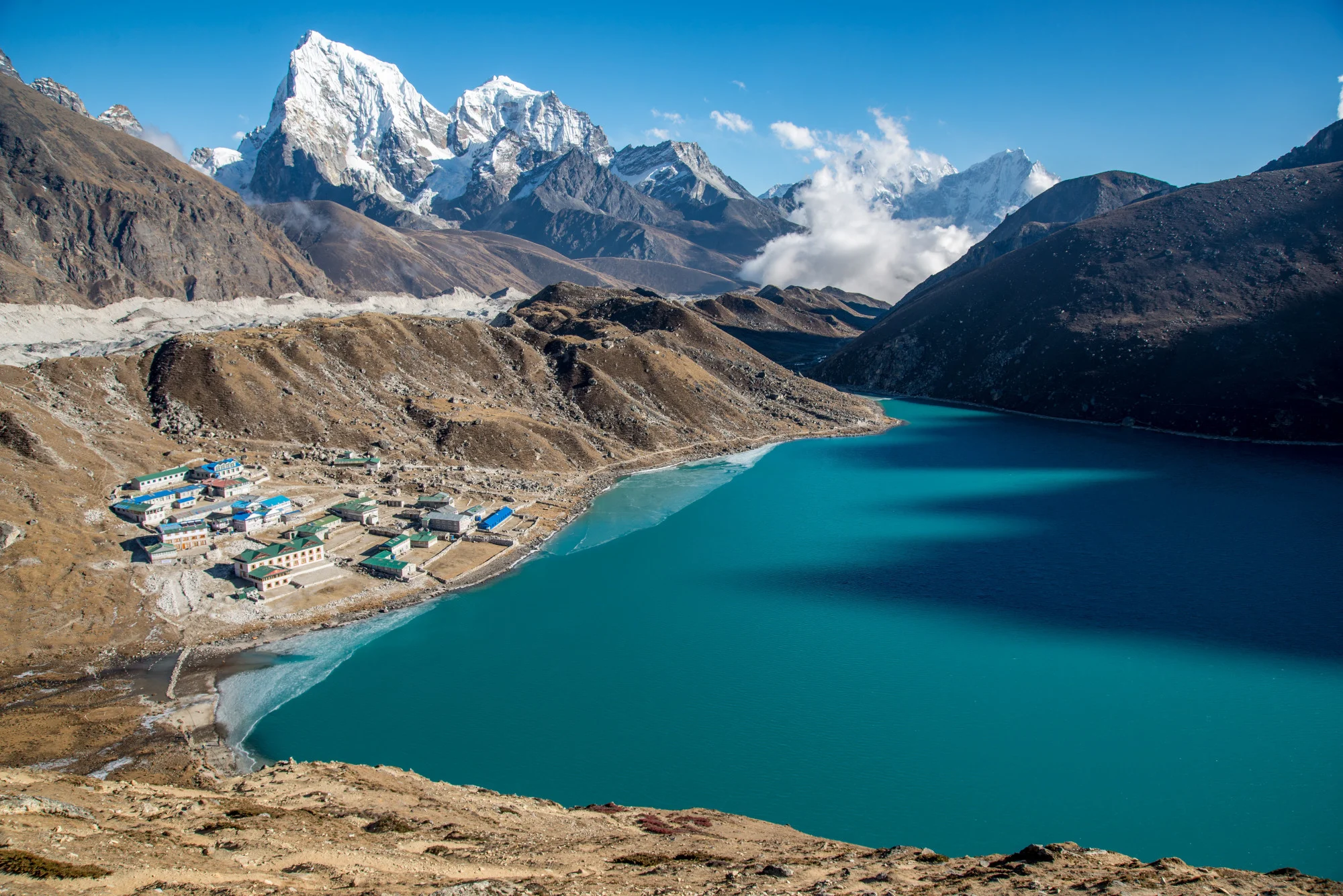Embracing the Beauty
of Pakistani Culture
Pakistani architecture beautifully combines history with modern
design,
from the iconic Mughal monuments like the Badshahi Mosque
to contemporary
buildings in Karachi and Lahore. It showcases
a rich heritage of artistry and
innovation, while traditional
structures in rural areas and ancient sites like Mohenjo-daro
highlight the country’s cultural depth and adaptability.
Pakistani Traditional Food –
A Flavorful Journey Through Culture
Pakistani traditional food is a blend of rich flavors and spices
that reflect the country’s cultural
heritage.
From the spicy Karahi
and Biryani of Punjab to the flavorful Sajji of Balochistan,
each
region offers unique specialties. Sindhi Biryani, Rogan Josh,
and Chapli Kebab
add to the diverse culinary landscape.
Known for bold spices, slow-cooked curries,
and delicious
street food like Samosas and Chaat, Pakistani food brings
people together,
offering a true taste of culture and tradition.
Pakistani Traditional Attire:
A Reflection of Culture and Heritage
Pakistani traditional clothing reflects the country’s rich cultural
heritage and regional diversity.
The Shalwar Kameez, Pakistan’s
national dress, is worn with pride by both men and women.
Each region adds its own touch, from the vibrant Sindhi lunghi
to intricate Balochi embroidery,
and the elegance of Kashmiri
Pashmina.
Flowing Dupattas, embroidered Kurtas, and finely
woven fabrics beautifully capture the essence of
tradition and style
making Pakistani clothing a timeless symbol of cultural identity.
Traditional Sports &
Cultural Games in Pakistan
Pakistan’s traditional sports reflect its rich heritage and community
spirit.
Kabaddi is a fast-paced contact sport, while Polo thrives
in the northern regions,
especially at the Shandur Polo
Festival. Tent Pegging and Buzkashi showcase
equestrian skills,
whereas Gilli Danda remains a popular street game.
Kushti (wrestling)
is deeply rooted in local culture, and Rassa Kashi (Tug of War)
brings teams together in friendly competition. These games not only
entertain
but also keep Pakistan’s cultural traditions alive
